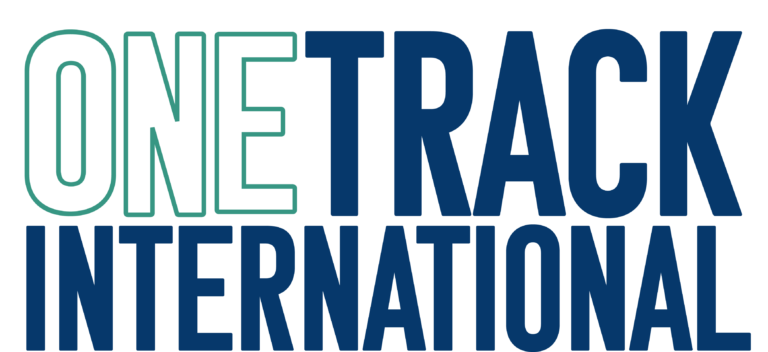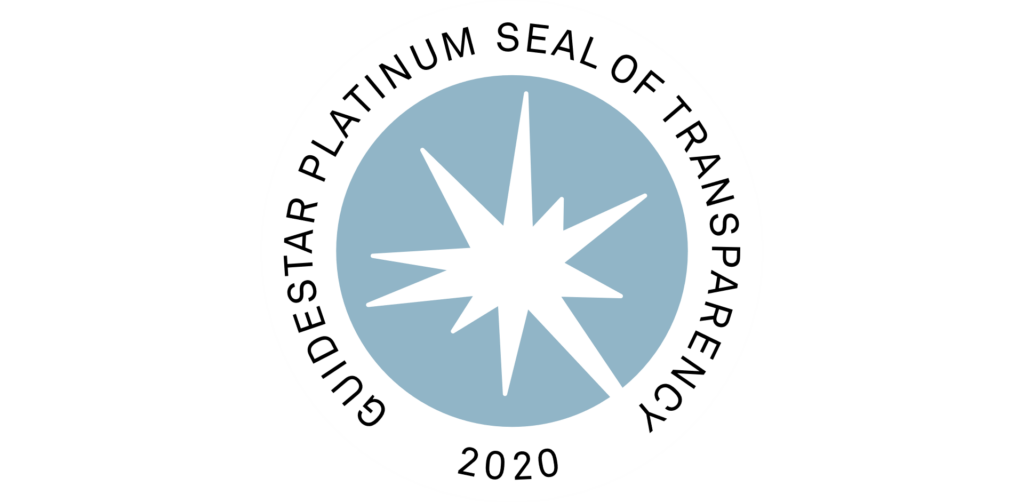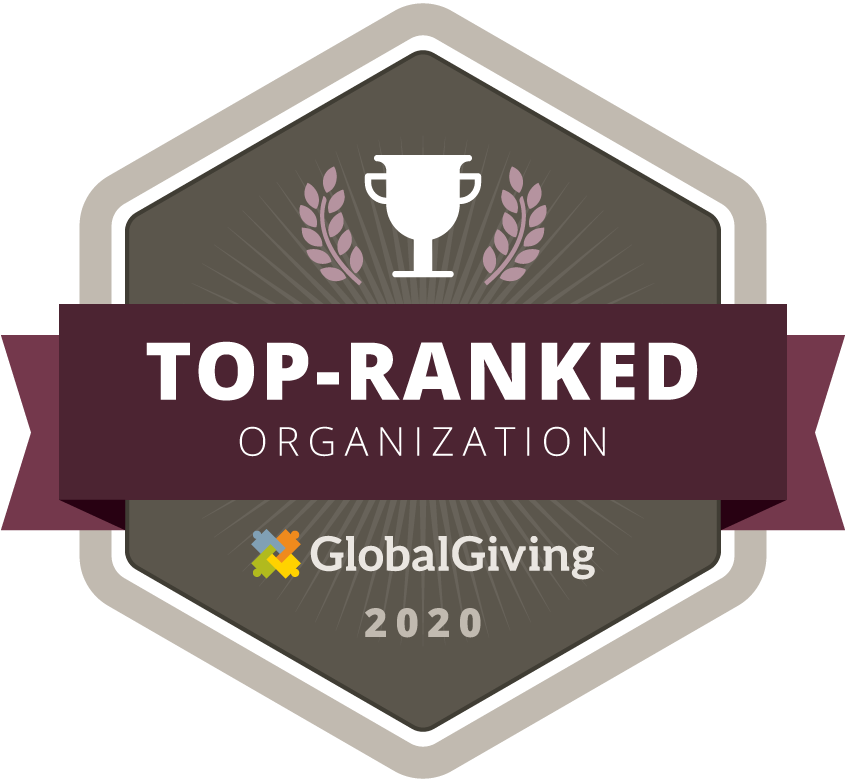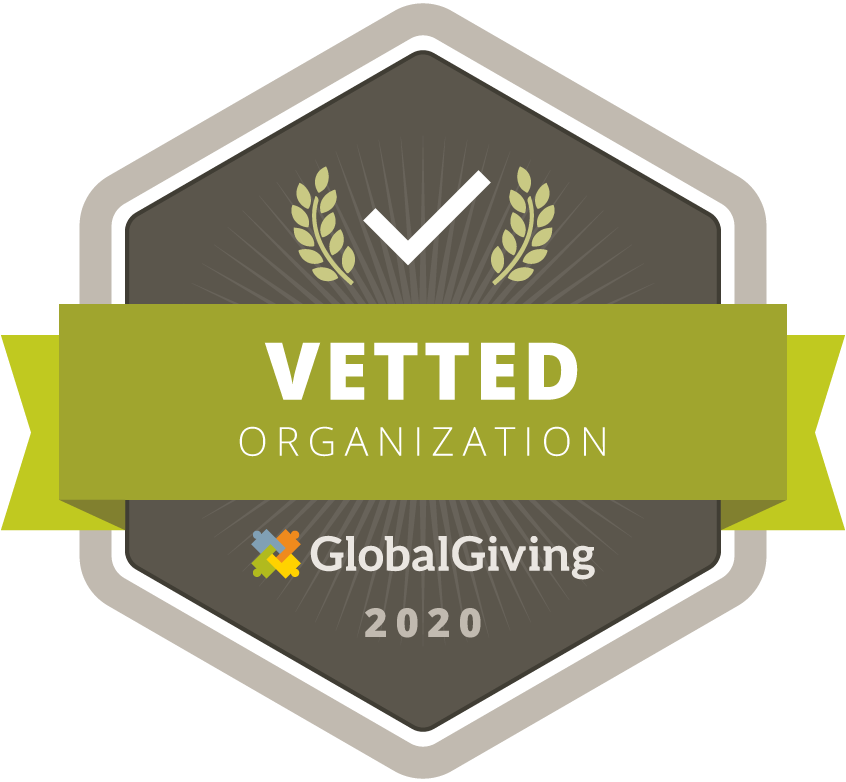Around the world, there are approximately 153 million orphaned children, most of them in countries where orphanages are overcrowded and underfunded. ONETrack International’s innovative In-Home Sponsorship program removes children from the orphanage system and places them in the homes of surviving relatives.
Our end-of year-goal is to show you just how impactful your donation of $20 can be for the children and families in our program. This holiday season, your $20 can help combat the Global Orphan Crisis. Read more below and see the latest news and videos on Facebook, Instagram and Youtube.
To make your $20 gift:
Click here: https://onetrackinternational.clickfunnels.com/donate
Other options:
VENMO: @ONETRACK
Cashapp: $ONETrackInt
Paypal: Paypal.me/ONETrackInt
Global Giving: https://www.globalgiving.org/projects/protect-orphaned-children/
Crypto gifts: are also accepted
Donate with confidence:
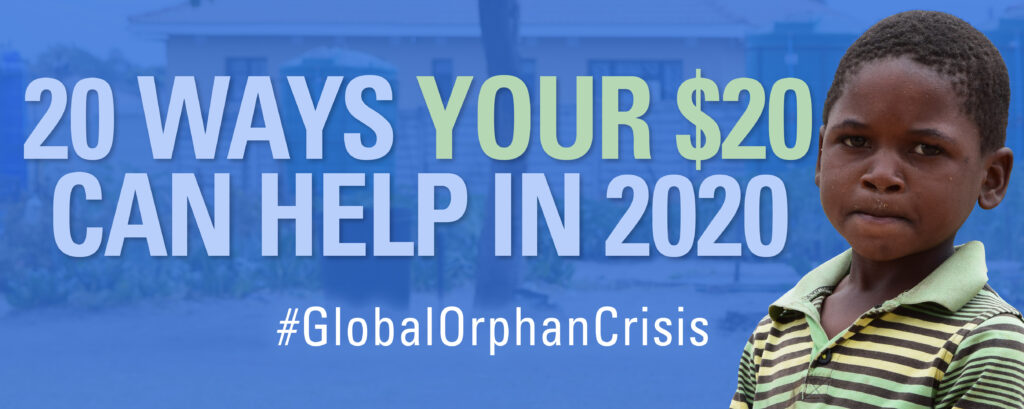
Educational Attainment
A quality basic education gives children and youth the knowledge and skills they need to face daily life challenges, and take advantage of economic and lifelong learning opportunities. It is also a key driver for reducing poverty.
School Fees and Supplies
84% of developing countries charge some type of fee for children to attend primary school. These fees include mandatory payments to parent-teacher associations, as well as formal or informal tuition and other fees. The costs can be a large fraction of the household income, and parents can pull their children out of school to send them to work instead.
School Books and Uniforms
Not being able to afford the text books, exercise books and uniforms required for the classes they are taking is another obstacle for families that sometimes only make $1.90/day. Purchasing books and uniforms is mandatory and as children switch grades or grow out of old uniforms and shoes, they need to continue to purchase these items. OTI makes certain that this happens.
Graduation and a Sense of Achievement
A quality basic education gives children and youth the knowledge and skills they need to face daily life challenges, and take advantage of economic and lifelong learning opportunities. It is also a key driver for reducing poverty, fostering economic growth, achieving gender equality, and social development.
Healthier Lives
Better health is central to human happiness and well-being. It also makes an important contribution to economic progress, as healthy populations live longer, are more productive, and save more.
Vaccinations & Immunizations
Childhood vaccination prevents 2 million deaths per year worldwide However, 2.5 million deaths a year continue to be caused by vaccine-preventable diseases, mainly in Africa and Asia among children less than 5 years old.
Sport, Hygiene and Fitness Programs
The regular practice of appropriate physical activity and sports provides people, male and female, of all ages and conditions, including persons with disability, with a wide range of physical, social and mental health benefits.
Mental Wellbeing and Trauma Support
Exposure to violence, deprivation, and other adverse childhood experiences affect multiple mental health outcomes among children with effects that are often long lasting. Programs that intervene can provide significant improvements and a reduction in depression.
Family Cohesiveness
The Role of Family Cohesion in Children’s Process of Socialization Family cohesion is defined as the emotional bond that family members have towards one another. There is evidence that social support is associated with the lowest levels of psychological distress and helps children socialize with individuals outside the home.
A Safe Home Environment
A young child’s home environment plays a key role in determining his or her chances for survival and development. This might include a safe and well-organized physical environment, opportunities for children to play, explore and discover, and the presence of developmentally appropriate objects, toys and books.
Keeping the Family Together
The impact of child separation and institutionalization is severe and can last a lifetime. Children placed in institutions are deprived of social, emotional and intellectual stimulation, which can hamper the healthy development of a child’s brain. Shut away from mainstream society, these children are also particularly vulnerable to violence, neglect and abuse.
Financial Security
Financial inclusion helps individuals to make daily payments reliably. It helps them to access credit which can be invested in their small-scale income-generating activities. It also helps people save their cash so that they can make future investments or respond to unforeseeable risks.
Increased Capabilities
Economic productivity and growth depends on people. Investments in human capital are important to positively influence social change in developing countries, and have been directly linked to economic growth which has a positive impact on individual’s lifetime incomes, economic growth, and fostering economic development and poverty reduction.
After Care Programs
When a child ‘ages out’ of a foster care system, they often find themselves alone and in a situation where they must provide for themselves. However, in the regions that we work in, employment might be scarce or competitive. It is important that our programs prepare them for this reality and provide transitional support to see them into adulthood- things like further education, vocational training, and so forth.
Job Opportunities
In many places, the need for jobs will intensify social pressures. Above all, job creation will be the key factor for developing countries to reduce poverty, improve people’s lives, and reach the Sustainable Development Goals by 2030. Having a job allows children that ‘age out’ of our programs to be self-sufficient, have confidence and start a family of their own if they wish.
Advancement Training or Higher Education
Access to higher education can improve the economic outcomes of citizens and determine the prospects of future generations, especially in developing countries. University education is more than the next level in the learning process; it is a critical component of human development worldwide and provides the high-level skills necessary for every labor market but also the training essential for teachers, doctors, nurses, civil servants, engineers, and professionals of all sorts.
Community Bonds
Connecting with culture can have a positive impact on your sense of belonging and identity – and in turn, on your mental health and overall wellbeing.
Being Raised in One’s Own Culture and Heritage
“Heritage” is a property, something that is inherited, passed down from previous generations. In the case of “cultural heritage,” the heritage doesn’t consist of money or property, but of culture, values and traditions. Cultural heritage implies a shared bond, our belonging to a community. It represents our history and our identity; our bond to the past, to our present, and the future.
Security from Statelessness (through Birth Registrations)
The inability to secure documentation can deprive people from legal or sustainable employment, and from obtaining licenses or loans. Thus it can trap them in an unending cycle of poverty, making them vulnerable to exploitation and increasing anxiety for their physical safety and security.
A Sense of Normalcy and Acceptance and A Chance at a Better Future
Child development happens physically, emotionally, socially, and intellectually. if our foundations are not solid, we find it more difficult to be successful in our relationships with others, work, health, and ourselves. So, it cannot be stressed enough how important the family is in the development of a child. Ultimately, the family will be responsible for shaping a child and developing their values, skills, socialization and security.
And that is 20 ways your $20 can make a difference!
Thank you for visiting and for supporting ONETrack International’s mission of Reimagining Orphan Care!
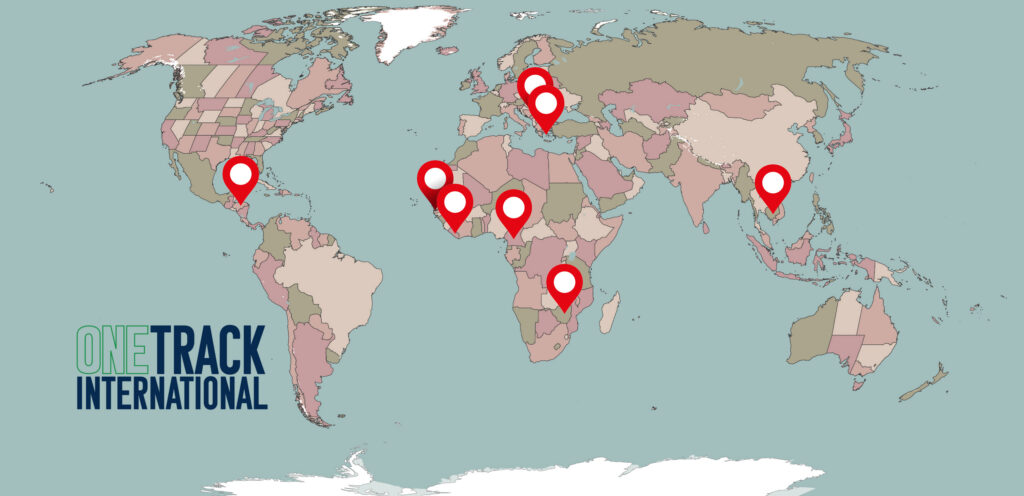
ONETrack International has current operations in Cambodia, Cameroon, Greece, Honduras, Kosovo, Liberia, The Gambia & Zimbabwe.

